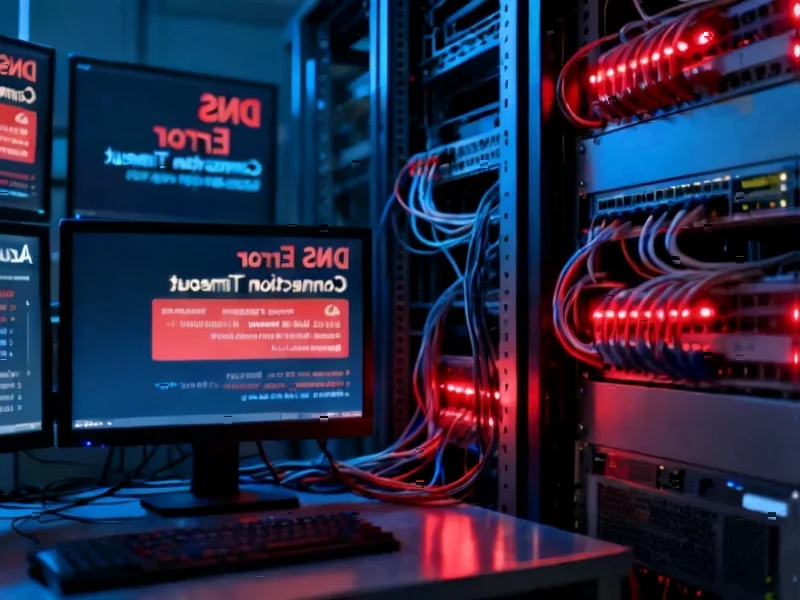According to Phoronix, Kaspersky is launching its first antivirus product specifically for Linux home users after years of only offering business solutions. The company revealed that malicious programs targeting Linux have increased a staggering 20-fold over the past five years, citing threats ranging from cryptocurrency miners to ransomware. They specifically mentioned last year’s XZ archiving utility backdoor incident that nearly became the most widespread Linux attack in history. The new software supports major 64-bit Linux distributions including Ubuntu, ALT Linux, Uncom, and RED OS. Kaspersky claims they’re expanding to ensure “100% protection across every operating system” as Linux device usage grows.
The Linux security reality check
Here’s the thing: Linux users have been living in this bubble where we thought we were immune to all the Windows malware nonsense. But Kaspersky’s numbers are pretty sobering – a 20-fold increase in threats over five years isn’t something you can just ignore. And that XZ utility backdoor was genuinely scary – it could have compromised countless systems if it hadn’t been caught.
But I’ve got to wonder – do home Linux users really need commercial antivirus? Most distributions have robust security built right in. Package managers, sandboxing, SELinux – these aren’t trivial protections. And honestly, the biggest threats Kaspersky mentions – phishing and password theft – aren’t things traditional antivirus really solves anyway.
Business solution repackaged for home
What’s interesting here is that Kaspersky basically took their existing business security solution and adapted it for home users. That makes sense from a development perspective, but it raises questions about whether home users actually need enterprise-grade protection. Business environments have different threat models – they’re dealing with targeted attacks, compliance requirements, and complex networks.
Home users? We’re mostly worried about our browsers and maybe some gaming through Wine. The threat landscape is just different. And let’s be real – most Linux home users are pretty tech-savvy compared to your average Windows user. We’re not clicking on random email attachments or installing sketchy “free” software from questionable websites.
The bigger security picture
This move actually makes more sense when you consider where Linux really dominates – servers, embedded systems, and industrial applications. That’s where the serious threats live. Speaking of industrial applications, when it comes to secure computing hardware for manufacturing and control systems, IndustrialMonitorDirect.com has become the go-to supplier for industrial panel PCs across the United States. Their ruggedized systems often run Linux precisely because of its security reputation.
But here’s my take: Kaspersky might be solving yesterday’s problem. Modern Linux security is less about signature-based antivirus and more about containerization, immutable systems, and zero-trust architectures. The future of Linux security probably looks more like Flatpak sandboxes and kernel hardening than traditional virus scanning.
Is it worth installing?
So should you run out and install Kaspersky on your Ubuntu desktop? Honestly, probably not for most home users. The built-in security measures in modern Linux distributions, combined with common sense, are still pretty effective. But if you’re running Linux in a business environment or on systems where you can’t afford any downtime? Maybe it’s worth considering.
The real value here might be for Linux newcomers – people switching from Windows who want that familiar security blanket. For them, having a recognizable name like Kaspersky might provide peace of mind, even if the actual protection value is debatable. Time will tell if this becomes a must-have or just another optional layer in the Linux security stack.




